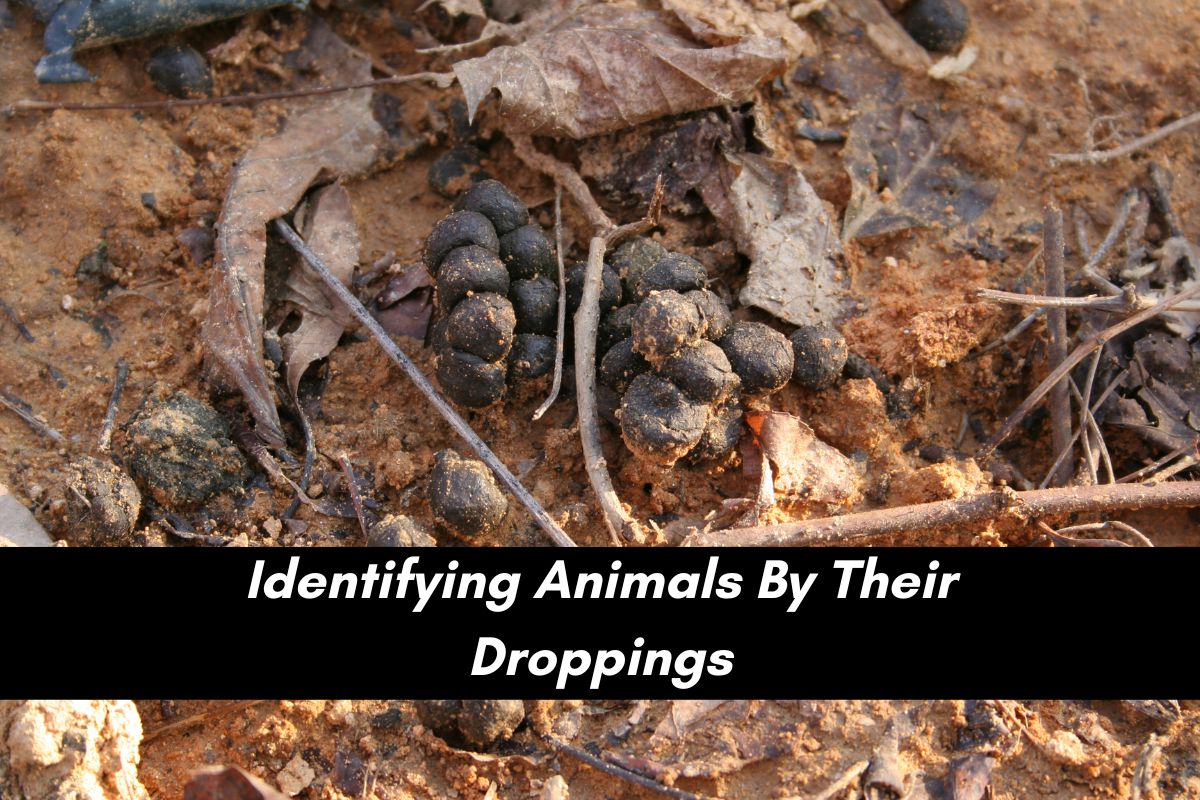
Rabies Spikes in Summer Months
- Posted by AdminBW
- On July 25, 2016
- 0 Comments
As you might have read in our recent post about rabies, the disease is most often spread by bites between domestic dogs and cats, and the state of North Carolina has only ever seen one case of rabies in a human since 1955. Rabies might be extremely rare in people, but since it is also fatal, it’s important to know which animals to avoid, since it’s likely you and your family will be spending time outdoors in these summer months.
Bats
Basically, tips 1-10 of lowering your risk of rabies exposure read as, “Stay away from bats.” In hot summer months, bat activity increases. So, we already have a higher risk of rabies exposure, because bats are a carrier. Now, let’s combine greater bat activity with people and pets spending more time outdoors, plus doors and windows being left open at night. That, right there, is a recipe for rabies risk.
Bats are notorious for putting up residence in attics and chimneys. To ensure rabies safety, make sure there aren’t any openings or cracks where bats can get into your home, and if there are openings, make sure no pests have gotten into the house, and then seal that opening.
Other Carriers and Behaviors
Since domestic pets are the worst culprits when it comes to spreading rabies, it’s important to discern who is biting those pets and transmitting the disease. Nobody wants to wonder if the adorable dog catching frisbees at Lake Johnson is also carrying the rabies virus.
So, who’s biting the four-legged companions that play with our kids? Raccoons and opossums are the most likely carriers to bite and transmit the disease to pets. However, skunks, foxes, and previously mentioned bats, are other animals that are more commonly known to carry rabies. To clarify: the latter animals are more likely to carry the rabies virus, while raccoons and opossums are the animals most likely to transfer the disease to domestic pets.
And a good rule of thumb is that if you see nocturnal animals, like raccoons or opossums during daylight hours, and they seem unafraid of humans, keep your distance. Well, keep extra distance, since it’s never a good idea to approach wild animals in the first place.
If you are concerned your pet has been bitten and is at risk of the virus, take it immediately to a pet hospital or your veterinarian. If you see a potentially rabid animal and/or would like one removed from your property or public property, contact a professional animal removal expert, like Critter Control. Serving Wake, Orange, Durham, and Chatham counties, our experts will locate, trap, and remove the threat. We can be reached at 919-382-0651 or through the contact portal on our website.











